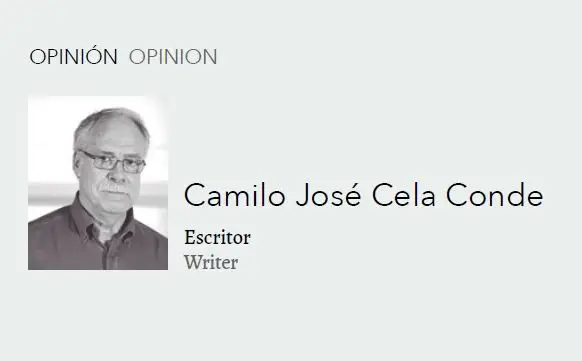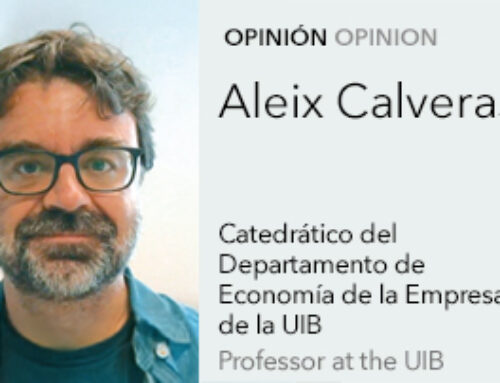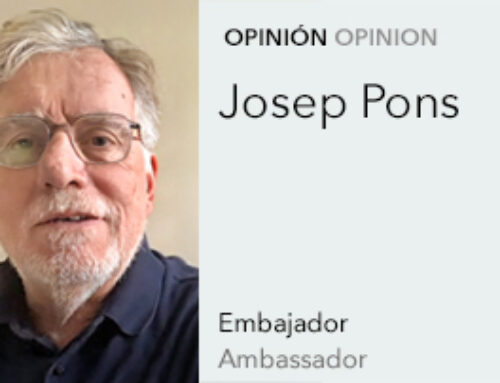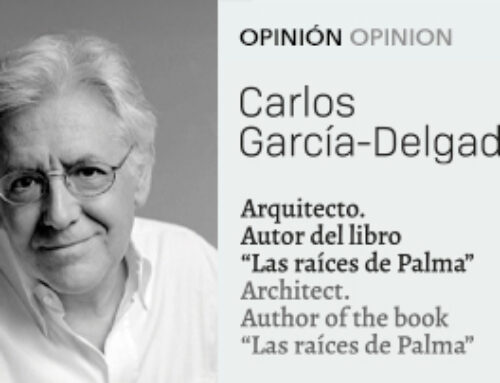 Should we be worried about the threat of a Third World War? I don’t think so. It’s nothing to be tormented about for the very simple reason that it’s already underway. We just haven’t realised it yet.
Should we be worried about the threat of a Third World War? I don’t think so. It’s nothing to be tormented about for the very simple reason that it’s already underway. We just haven’t realised it yet.
Perhaps this is because the next war never resembles the previous one. At the presentation in Madrid of Robert Graves’ book Good-bye to All That, the British ambassador recalled that the name of the first global conflict was, at the time, “the four years’ war”. It did not occur to anyone to call it “the first” until the second of the world’s disasters was declared. With the added peculiarity that the war waged by Hitler against the democracies had hardly anything to do with the preceding one of 1914-1918. The failure of strategic military planning became scandalous as soon as the German troops overran the French lines of defence.
That fact shows that the lessons learned from previous wars are of little use in figuring out a new one. Every world conflict – and in a globalised world all conflicts of a certain weight constitute a world conflict – has its own new rules. Accepting that the third Great War has begun, we still do not know how it looks like.
We have a clue as to the key elements. The first of them is the conflicting powers. There is some similarity in the struggle between democracy and autocracy, with all the nuances we might think of. There also seem to be two opposing blocs, although only the first, that of the democratic countries, can be clearly defined. On the other side, we might think that the legacy of the Soviet Empire is still alive, but it is difficult to decide what role China, locked in its hermeticism, is playing. Furthermore, the transformation of Islamic terrorism into a kind of franchise suggests a strange new Great War in which the contenders are blurred and mutable.
Be that as it may, even though the threat of nuclear arsenals is still there, we have witnessed years of war between Russia and Ukraine without a single tactical missile being used, those that bring the Armageddon. But the main new feature is the theatre of war. The new Great War is being fought in civilian terms, not only militarily, because it is the population as a whole that is affected by the acts of war, which now rely more on indirect economic or even political feints. Parodying von Clausewitz, war is no longer the continuation of diplomacy by other means but the sequel to ministerial battles by other routes.
The new Great War will become apparent when it affects our daily habits in such a clear way that it turns them upside down. When a kind of pandemic arrives, but not due to a virus but to the accumulation of acts of war in the modern way, and it becomes impossible, for example, to preserve tourism as we understood it. Or when we have to give up an Internet colonised by manipulators, i.e. hackers.








Leave A Comment